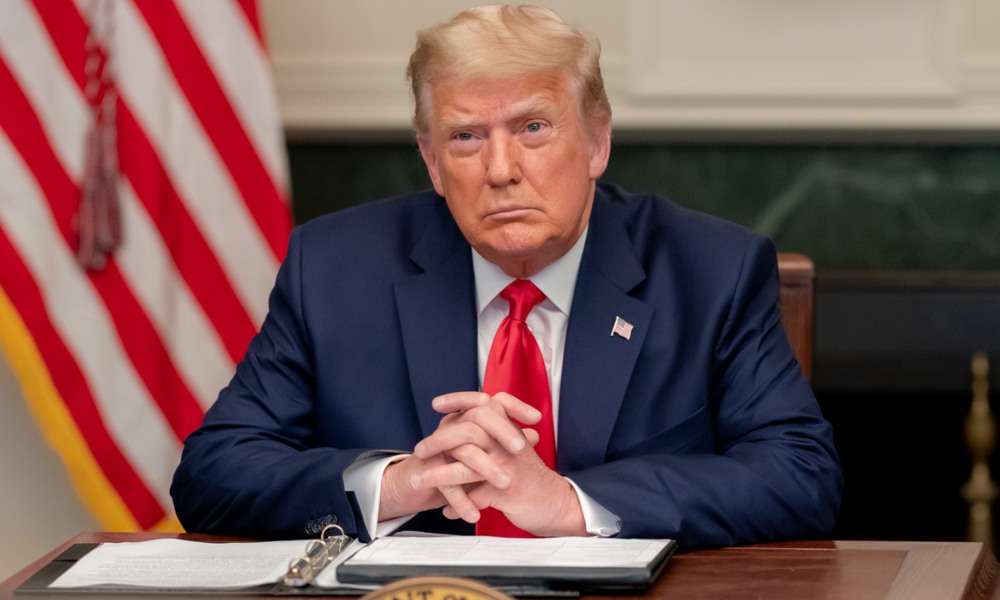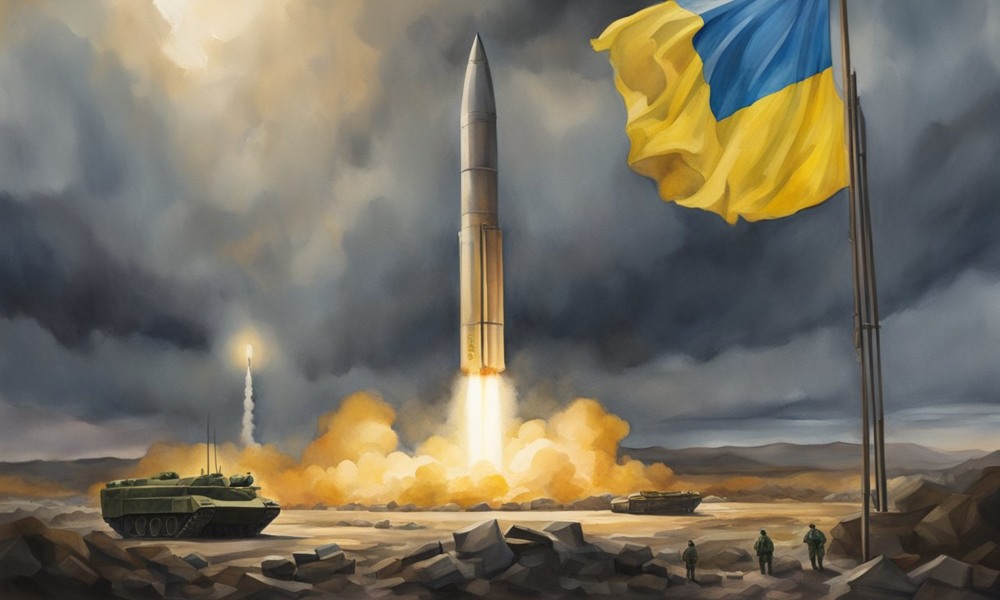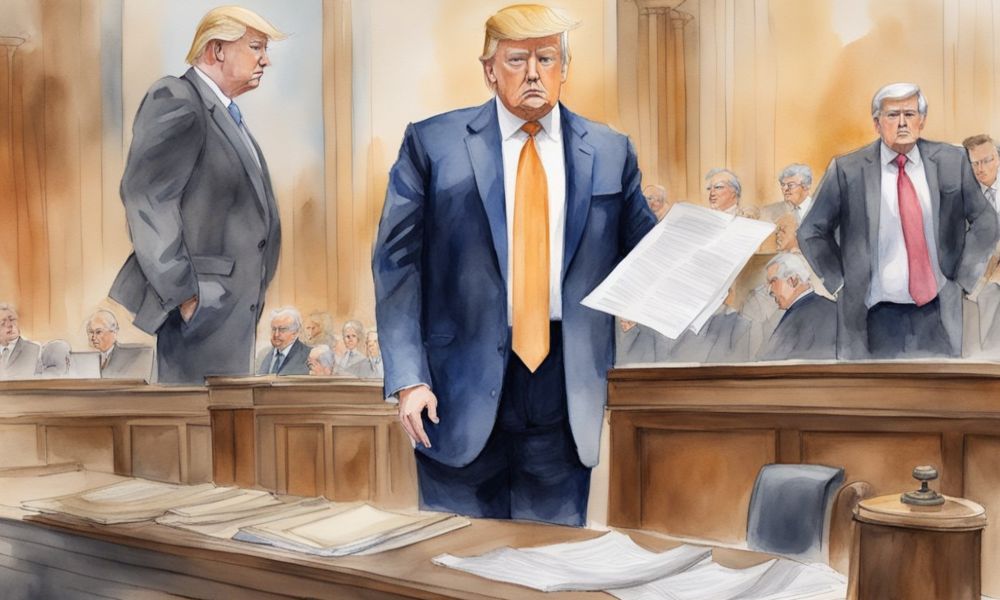- Thousands of protesters gathered outside Georgia’s Parliament building.
- They were demonstrating against a proposed “foreign agent” law.
- Critics say the law could restrict free speech and silence dissent.
- The protests grew larger as lawmakers provisionally approved the bill.
Do these protests signal a significant shift in Georgia’s relationship with the European Union?
Protests Rock Georgia’s Capital
On Thursday, the air outside the Parliament of Georgia was filled with dense clouds of tear gas. Police fired tear gas at thousands of protesters who had gathered to voice their opposition to a controversial new bill.
Organizations that receive funding from abroad may be required to register as “foreign agents” under the proposed law. Critics argue that this law could severely restrict free speech and silence dissent in the country.
Georgia at a Crossroads
According to George Jolu, an associate professor at Caucasus University, Georgia is at a pivotal crossroads.
“There is a feeling that Georgia is on the crossroads,” Jolu stated. “These protests reflect a potential shift in Georgia’s foreign policy direction.”
On one side is the European Union, which has strongly condemned the “foreign agent” bill. Just last December, Georgia was granted EU candidate status, signaling the path toward future membership negotiations.
However, the bill is being supported by Russia and praised by Russian state media outlets. This has sparked frustration among the public over concerns Georgia may be turning away from EU integration.
EU Membership Ambitions at Stake
Jolu explains the bill’s timing is especially concerning for Georgia’s EU membership ambitions:
“Just as Georgia was granted EU candidate status, the ruling party proposes a bill condemned by top EU officials. They clearly state adopting this bill will not bring Georgia closer, but farther from EU membership.”
As protesters waved Georgian and EU flags outside Parliament, it became evident the “foreign agent” law has tapped into deeper national tensions over Georgia’s geopolitical future.
A Stark Choice for Georgia
The large-scale protests highlight Georgia’s stark choice between pursuing closer ties with Europe or reverting toward Russia’s sphere of influence.
“This radical shift away from the path of EU integration was not expected,” Jolu remarked.
As the contentious bill advances, all eyes are on Georgia to see which direction the country will go at this critical crossroads. Will it uphold free speech and democratic values en route to EU membership? Or will it risk alienating European partners under pressure from Russia? Only time will tell.
















